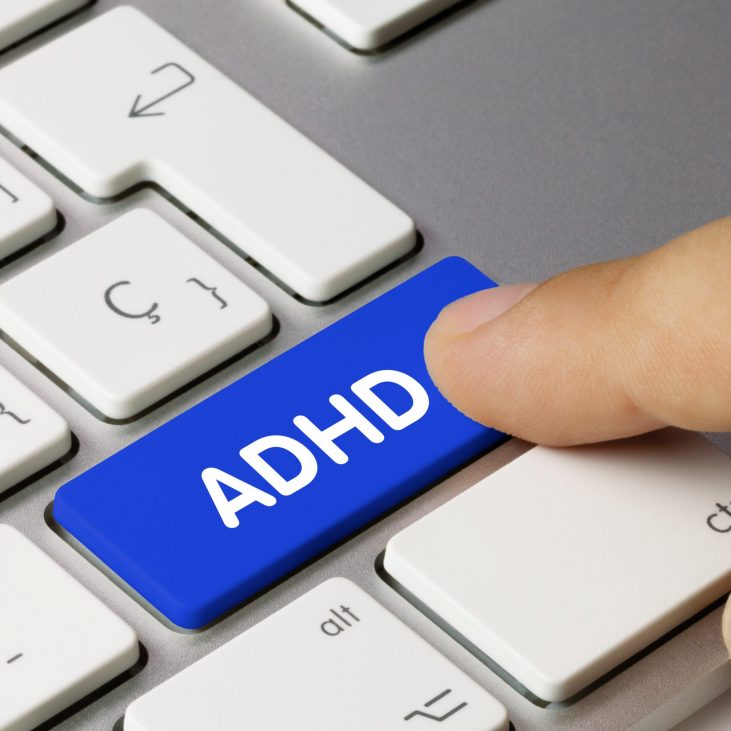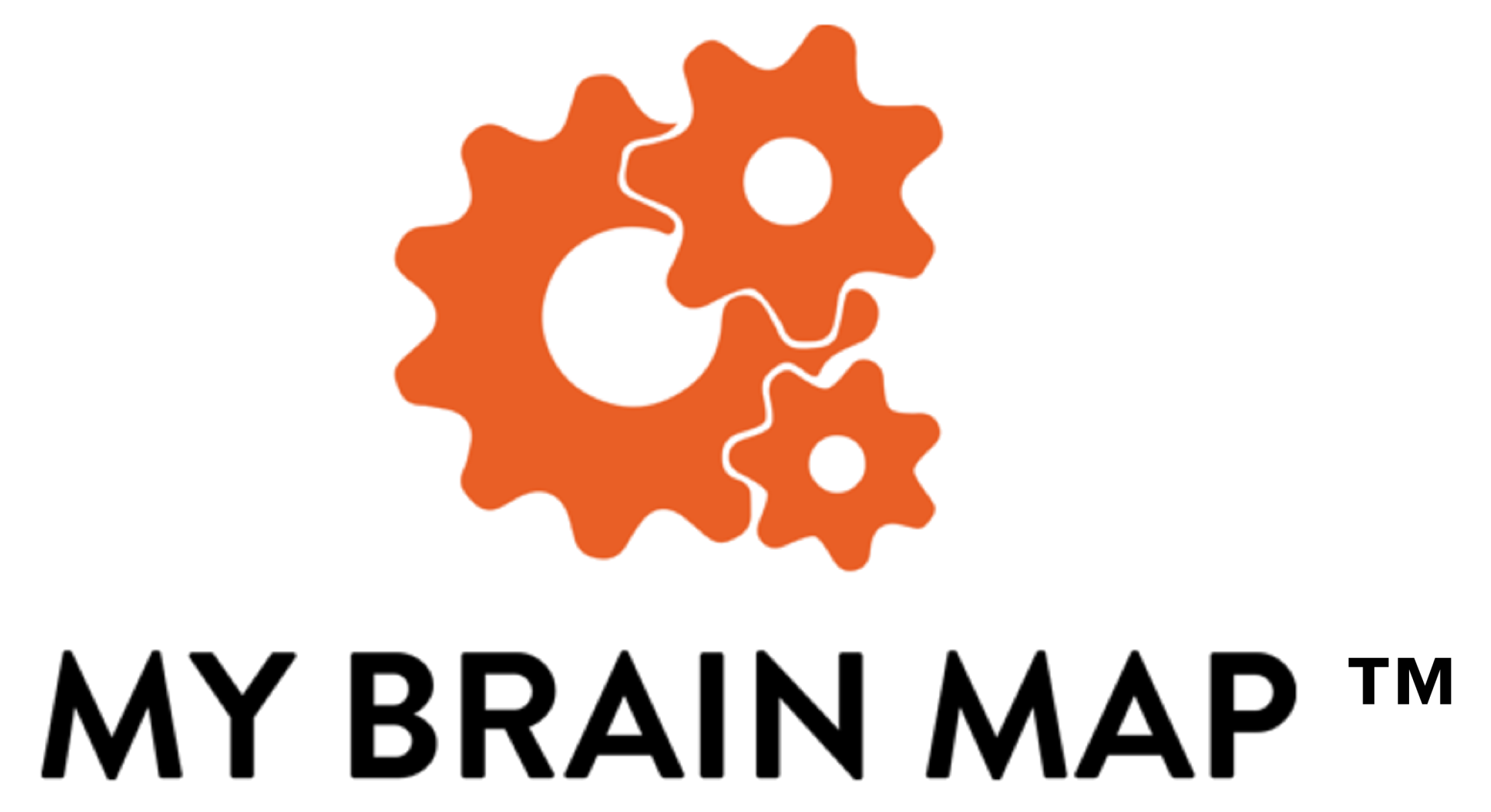
ADHD Assessment

What is ADHD?
Attention Deficit Hyperactivity Disorder (ADHD) is a chronic neurodevelopmental condition that affects children and often persists into adulthood. It includes a combination of attention and impulsivity problems that become disruptive to daily life activities. ADHD tends to be a stigmatized and misunderstood condition that seems to be defined by a “naughty” or difficult child with below to average intelligence. However, many individuals with ADHD tend to be highly intelligent and create successful lives, professionally and personally. While the symptoms of ADHD are disruptive to daily functioning, individuals can overcome the challenges with the right targeted intervention strategies.
Based on the ADHD symptom clusters there are three ADHD presentation types:
1. Predominantly inattentive type 2. Predominantly hyperactive-impulsive type 3. Combined type (i.e. both symptoms)
Some of the features below may impact both adolescents and adults on a cognitive-behavioural and emotional level. These criteria are not sufficient to provide a diagnosis; however, if you relate to at least five criteria and feel concerned, you may benefit from seeking professional advice to discuss your concerns further.

At My Brain Map ™, we see Attention Deficit Hyperactivity Disorder (ADHD) as a chronic overwhelm condition that can lead to depression and anxiety if symptoms are not managed well. Our approach involves a comprehensive process to provide you with an individualised treatment plan to help you reach your potential and reduce chronic overwhelm. Our assessment approach needs to be thorough so we can be sure if it is ADHD that is underlying the symptoms or whether the attention/concentration concerns are possibly due to a learning problem or other emotional/psychological distress. Our assessment approach typically involves:
Step 1: Initial Consultation involves a detailed developmental history to understand all the factors that may contribute to concerns of attention/focus problems. Review any psychological assessments that may have been conducted in the past and review primary and high school report cards where possible.
Step 2: After the first consultation, assessments involving a range of neuropsychological and clinical assessments are administered to provide a clear picture of cognitive, behavioural and emotional strengths and developmental areas and evaluate the presence of ADHD symptoms.
Step 3: At the follow-up second consultation, a further clinical interview is conducted with verbal feedback provided on the assessment results and clinical formulation and outcome across both consultations. This is also the stage where we can confirm whether an ADHD diagnosis is appropriate. Recommendations are discussed with a brief outline of treatment goals and strategies that may be utilised to help everyday function and management of ADHD symptoms.
Step 4: We have many treatment approaches to managing ADHD determined by an individual’s treatment needs. These include science-based ADHD coaching to help with, for example, planning and organisational skills, time management, and procrastination, in combination with traditional evidence-based psychological strategies to manage overwhelm and emotional distress.

